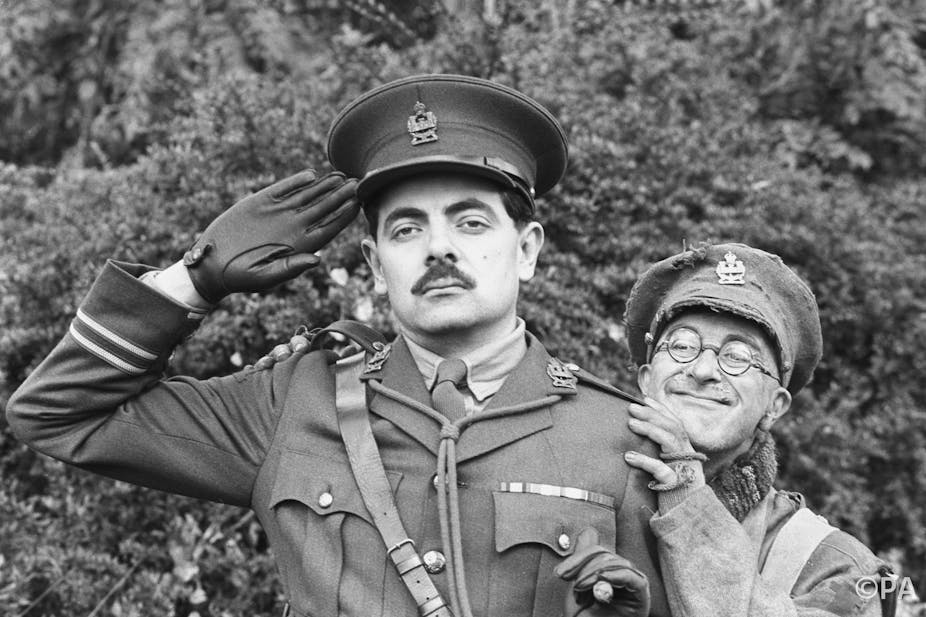Michael Gove must be off his head. In Germany any politician who tried giving professionals a history lecture would be considered a lunatic.
German historians love to argue among themselves, and there is a strong divide between the left and the right – even more so than in Britain. But in a few areas there is common ground.
The burden of our guilt in the World War II has absorbed all our scholarly and emotional energy. Hitler’s war is the war we are still coming to terms with. As a consequence, World War I has drifted into the background, a distant prelude to the second.
And we are not interested in military history. Except for some on the outer fringe, there is no German Hew Strachan or Max Hastings: no one describes in detail the heroism of combat in the expectation of being read. We had such books in the 1930s and, as we all know, they did not do our children any good.
Military history is simply no longer fashionable in Germany. This is not just affecting the job prospects of my colleagues, who are (often very good) military historians. It mirrors German society. Unlike the British, who have experienced so many wars in recent decades, German society is not used to military conflicts anymore.
German parents are regularly horrified when they visit the Imperial War Museum and encounter combat outfits for toddlers in the gift shop. They also refuse to buy the tickets for the World War I experience in the trenches. Such Disneyfication of war is something that never happened in Germany. We are painfully serious and think war should not be experienced for kicks. We also do not have popular war societies, such as the Western Front Association, for fear of idealising war with dangerous consequences.
Curiously enough, this is a reason why many of us love watching a comedy programme like Blackadder. Though we would never produce something frivolous like this ourselves, we understand very well that it was a reaction against the jingoism British school children were subjected to until the 1960s.
We understand this because generations of our school children had to go through the same glorification of World War I. Their reaction was not Blackadder but the Fritz Fischer debate in the 1960s. This resulted in children in my generation being brought up on Fischer’s thesis that Germany was responsible for the outbreak of the First World War.
Christopher Clark’s new book Sleepwalkers questions this thesis and has shot to Number 1 in the German bestseller list. This does not mean that Germans want to be innocent. It just means that many people of my age resented their history teachers. In short, we are reacting again, but in a more sophisticated way.
Of course we are surprised about the great amount of money the British government is investing in World War I commemorations. We can’t bring ourselves to organise any such festivities. This is not just because it would mean commemorating defeat (we are used to that) but because we are scared of looking nationalistic or being accused of revelling in our suffering. We have learnt one thing – obsessing over heroism simply does no good.

